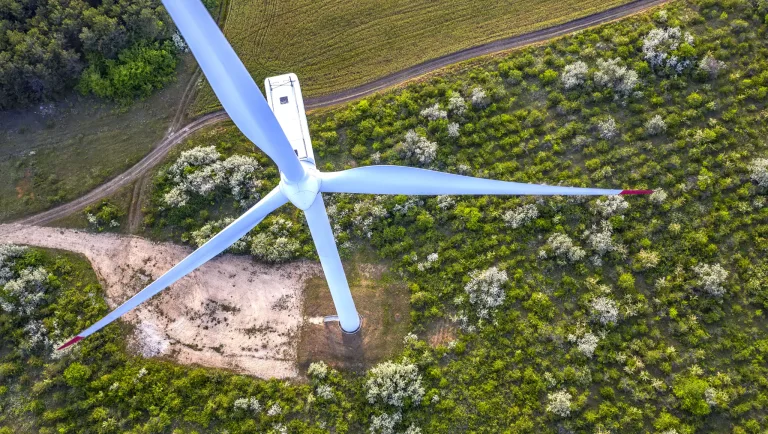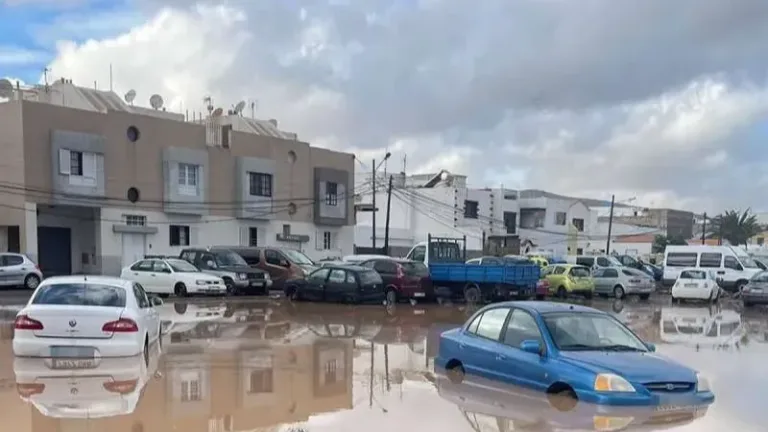
Climate Change on Holiday: What Lanzarote’s Extreme Weather Is Telling Us
Once celebrated for its temperate climate and volcanic landscapes, Lanzarote—one of Spain's Canary Islands—is now grappling with the harsh realities of climate change. Recent extreme weather events have transformed this tourist haven into a stark example of the global climate crisis, fuelled by rising carbon emissions.
From Emissions to Extremes: Understanding the Link
The primary driver of climate change is the accumulation of greenhouse gases, particularly carbon dioxide (CO₂), in the atmosphere. In 2024, global CO₂ emissions from fossil fuels reached a record 37.4 billion tonnes, marking a 0.8% increase from the previous year. This surge in emissions has led to unprecedented global warming, with 2024 being the hottest year on record, exceeding 1.5°C above pre-industrial levels for the first time.
António Guterres, UN Secretary-General, emphasised:
"The era of global warming has ended; the era of global boiling has arrived."
Lanzarote: A Canary in the Climate Coal Mine
In April 2025, Lanzarote experienced catastrophic flooding after Storm Olivier brought torrential rain, delivering over a year's worth of precipitation in just two hours. Emergency services responded to over 220 incidents, with significant damage reported in Arrecife and Costa Teguise. Hotels were left without power, roads transformed into rivers, and the local government considered declaring the island a disaster zone.
These events underscore the vulnerability of island nations and tourist destinations to climate-induced extreme weather, threatening both local economies and global travel industries.
The Global Cost of Inaction
The World Meteorological Organization (WMO) reported that Europe experienced its most extensive flooding in over a decade in 2024, affecting 30% of the continent's river network and resulting in at least 335 deaths. Simultaneously, Southeastern Europe endured a record 13-day heatwave, highlighting the increasing frequency and severity of extreme weather events linked to climate change.
Without significant reductions in carbon emissions, such events are projected to become more common and severe, posing existential threats to ecosystems, economies, and human health.
A Call for Accountability and Adaptation
Addressing climate change requires a two-pronged approach:
- Mitigation: Drastically reducing carbon emissions through the transition to renewable energy, sustainable transportation, and responsible consumption.
- Adaptation: Investing in resilient infrastructure, early warning systems, and policies that protect vulnerable communities and ecosystems.
As Guterres aptly stated:
"Leaders must lead. No more hesitancy. No more excuses. No more waiting for others to move first."
A Moment for Urgent Reflection
Lanzarote's recent climate struggles serve as a microcosm of a global challenge. The island's transformation from a tranquil paradise to a site of climate-induced chaos exemplifies the urgent need for collective action to reduce carbon emissions and mitigate climate change.
The time to act is now. By embracing sustainable practices and holding leaders accountable, we can work towards a future where destinations like Lanzarote remain safe and vibrant for generations to come.

